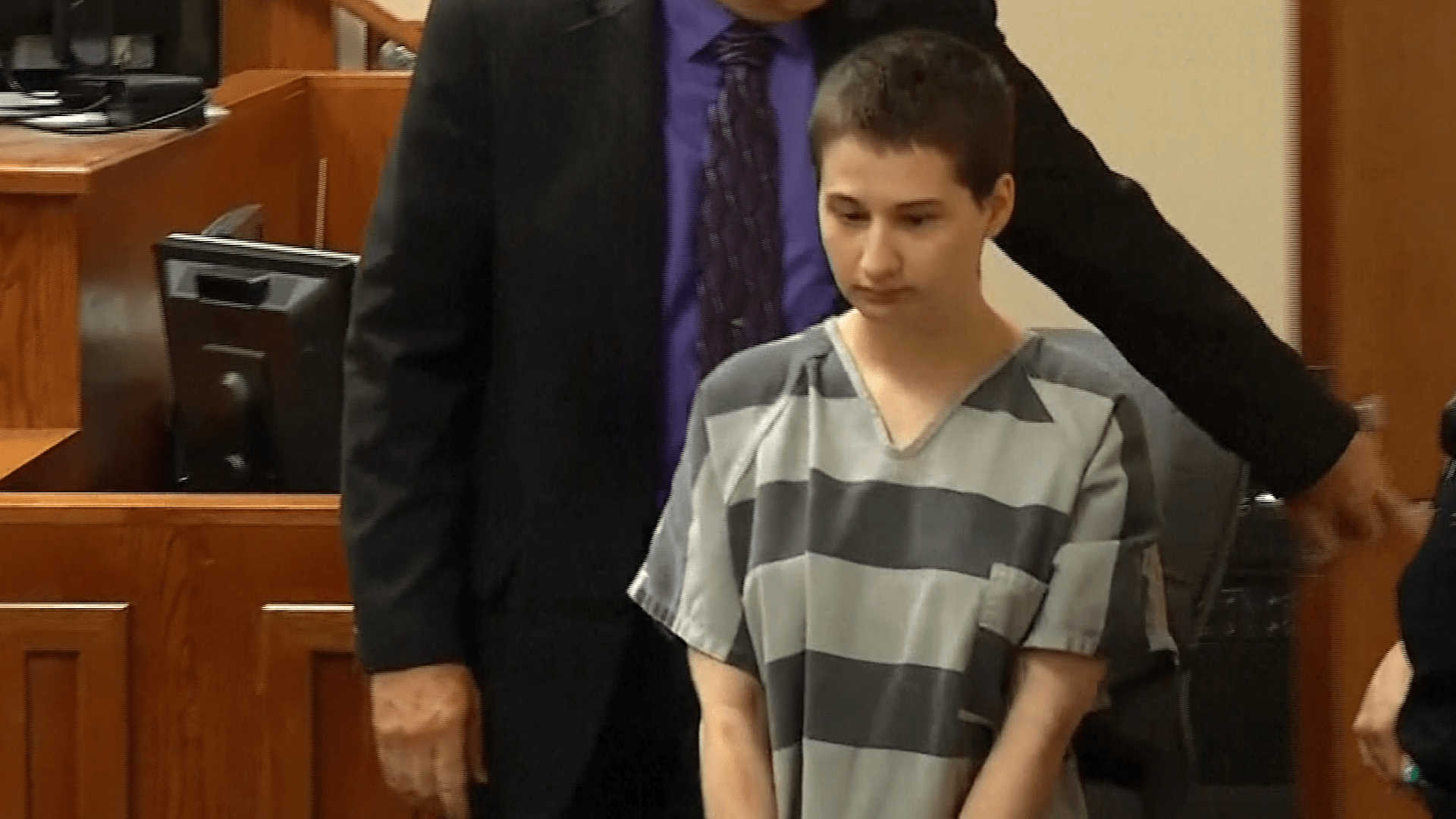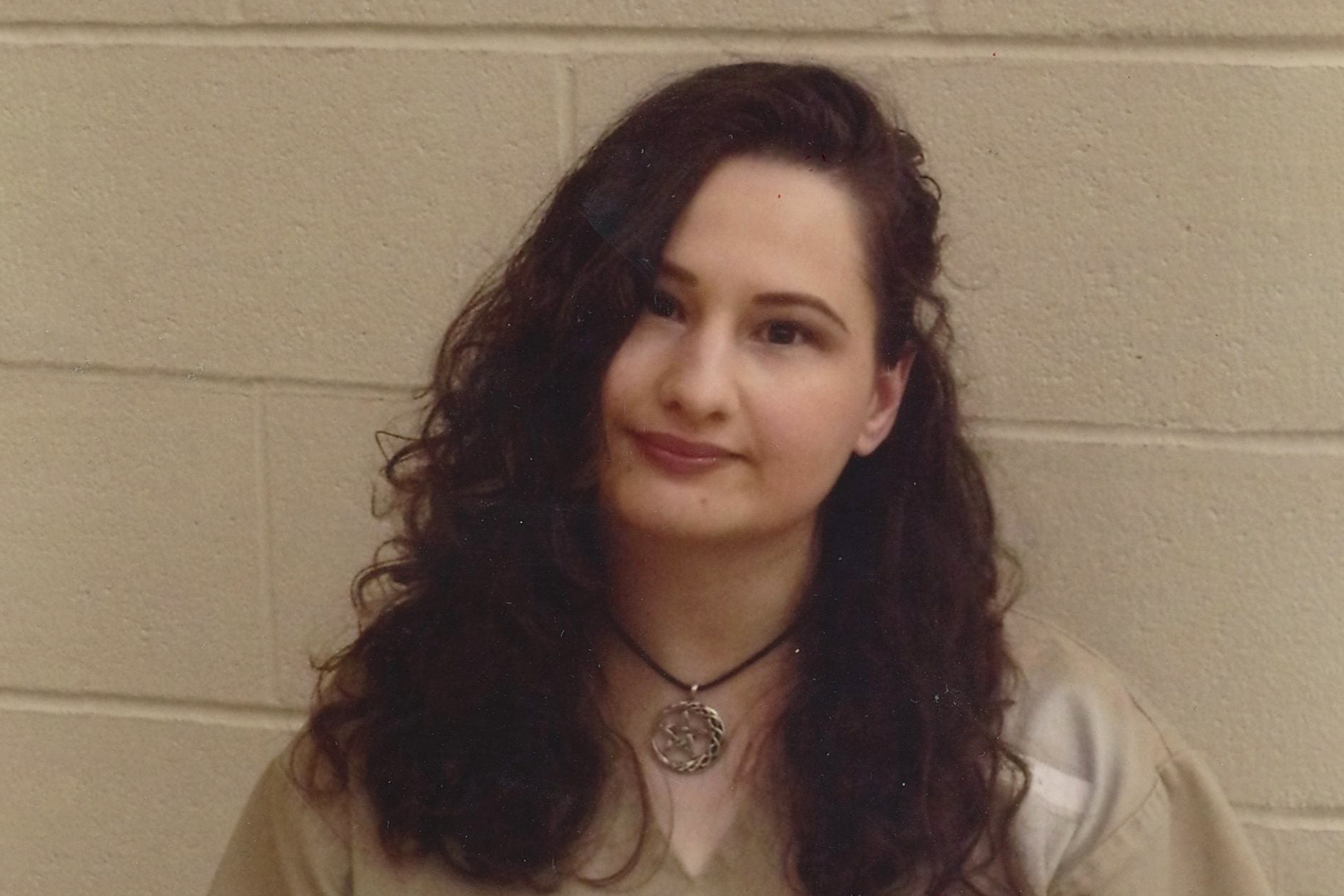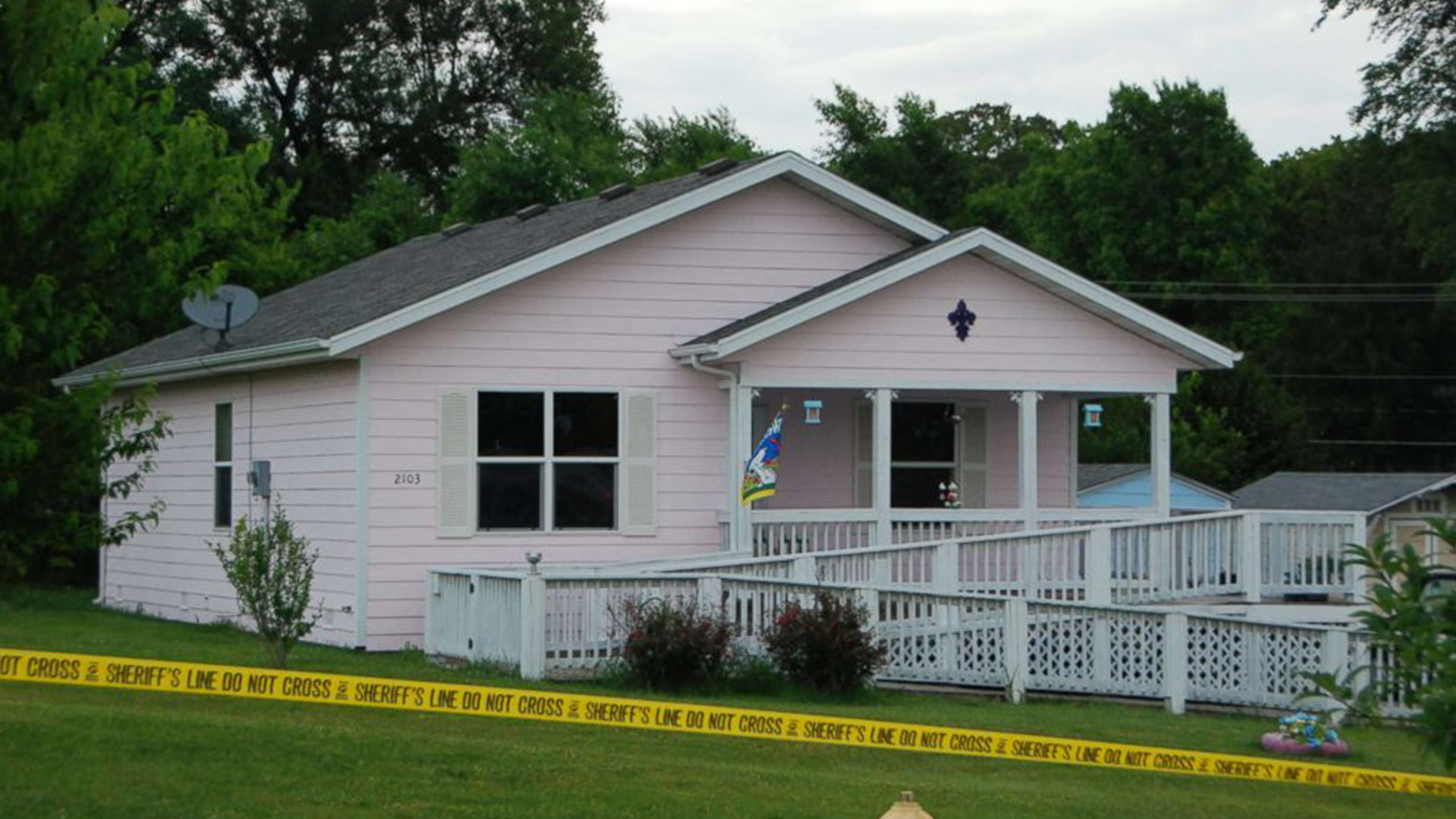Photos Of Gypsy Rose Crime Scene
The chilling case of Gypsy Rose Blanchard has captivated the attention of many, not just for its sensational elements, but for the complex layers of manipulation, abuse, and tragic outcomes. The photos of the Gypsy Rose crime scene serve as a haunting reminder of the dark realities that can exist behind closed doors. This story unfolds like a suspenseful novel, where the seemingly innocent façade hides sinister truths that would ultimately lead to murder. In attempting to understand the full scope of this crime, the visual evidence plays a critical role in piecing together the narrative.
In 2015, the world was shocked to learn about the murder of Dee Dee Blanchard, Gypsy's mother, who had allegedly subjected her daughter to years of abuse and deception. The crime scene photos serve as a stark representation of the devastating consequences of Munchausen syndrome by proxy. These images not only depict the aftermath of the crime but also reflect the harrowing life Gypsy endured before she took such drastic measures to escape her captivity. The emotional weight of these photos cannot be understated, as they capture a moment in time that forever changed the lives of those involved.
As we delve deeper into the case, we will explore the intricacies surrounding Gypsy Rose's life, the crime that transpired, and the aftermath that followed. The photos of the Gypsy Rose crime scene offer more than just a glimpse into a tragic event; they reveal the complexities of human relationships and the sometimes blurred lines between love and control. Join us as we investigate the details of this haunting case and the legacy it leaves behind.
What Happened to Gypsy Rose Blanchard?
The story of Gypsy Rose Blanchard is both heartbreaking and perplexing. Born in 1991, Gypsy was raised by her mother, Dee Dee Blanchard, who claimed her daughter suffered from numerous health issues, including leukemia, muscular dystrophy, and a range of other ailments. This was later revealed to be a facade orchestrated by Dee Dee, who had been abusing Gypsy through a psychological condition known as Munchausen syndrome by proxy.
Who Was Dee Dee Blanchard?
Dee Dee Blanchard was born on 1972 and presented herself as a devoted mother who was willing to do anything for her daughter. However, her actions told a much different story. Dee Dee's manipulation and control over Gypsy extended to falsifying medical records, subjecting her to unnecessary treatments, and even forcing her to use a wheelchair despite her being physically capable of walking. This combination of emotional and physical abuse created a toxic environment for Gypsy, leading her to take matters into her own hands.
What Led to the Crime?
In June 2015, Gypsy, who was then 24 years old, conspired with her then-boyfriend, Nicholas Godejohn, to murder her mother. The culmination of years of abuse and isolation led Gypsy to feel that this was the only way to escape her mother's grasp. The act of violence that ensued shocked the community and raised questions about culpability, mental health, and the effects of long-term abuse.
What Do the Photos of Gypsy Rose Crime Scene Reveal?
The photos of the Gypsy Rose crime scene provide a chilling yet necessary perspective on the events that unfolded that fateful night. These images, taken by law enforcement, depict the aftermath of Dee Dee's murder and serve as a grim reminder of the consequences of unchecked mental illness and abuse.
How Are the Photos Used in Legal Proceedings?
During the trial, the photos were pivotal in illustrating the circumstances surrounding the crime. They offered jurors insight into the chaotic scene and the emotional turmoil that led to Gypsy's drastic decision. The images helped paint a picture of a young woman pushed to her limits, seeking freedom from a life of torment.
What Impact Did the Photos Have on Public Perception?
The release of the crime scene photos garnered significant media attention and sparked public debate regarding Gypsy's actions. Many sympathized with her plight, while others questioned the morality of her decision to resort to murder as a means of escape. The photos contributed to a narrative that evoked both outrage and empathy, showcasing the complexities of victimhood and agency.
What Were the Consequences for Gypsy Rose?
In 2016, Gypsy Rose Blanchard pleaded guilty to second-degree murder and was sentenced to ten years in prison. Her case raised questions about justice and accountability, particularly in the context of her long-term abuse. Many advocates for survivors of domestic violence have argued that Gypsy's actions should be viewed through the lens of her traumatic experiences rather than a straightforward criminal act.
How Has Gypsy's Life Changed Since the Incident?
Since her incarceration, Gypsy has become an advocate for other abuse survivors, using her platform to raise awareness about the effects of Munchausen syndrome by proxy and the importance of mental health resources. Her perspective on her past has evolved, and she has begun to share her story publicly, hoping to inspire others who may feel trapped in similar situations.
What Is the Legacy of the Gypsy Rose Case?
The case of Gypsy Rose Blanchard continues to resonate with audiences around the world. It serves as a stark reminder of the complexities surrounding abuse, mental health, and the human capacity for resilience. The photos of the Gypsy Rose crime scene are more than just evidence; they encapsulate a story of survival against all odds. As society grapples with understanding the nuance of such cases, Gypsy's journey remains a powerful testament to the human spirit.
In conclusion, the story of Gypsy Rose Blanchard is a multifaceted narrative that intertwines elements of tragedy, resilience, and advocacy. The photos of the Gypsy Rose crime scene stand as a haunting reminder of the lengths to which one might go to escape a life of torment. As we reflect on her journey, it is crucial to continue the conversations surrounding mental health, abuse, and the need for supportive resources for victims. Gypsy's story is not just one of survival; it is also a call to action for society to pay attention and take steps to prevent similar tragedies in the future.



ncG1vNJzZmivp6x7s7HBnqOrmZ6YtbjFzmeaqKVfnru0tcahq6xxX6W1sMDOrGSonl2cxrG%2F2GapqKuVYrCztcyeZKyblaOyb7TTpqM%3D